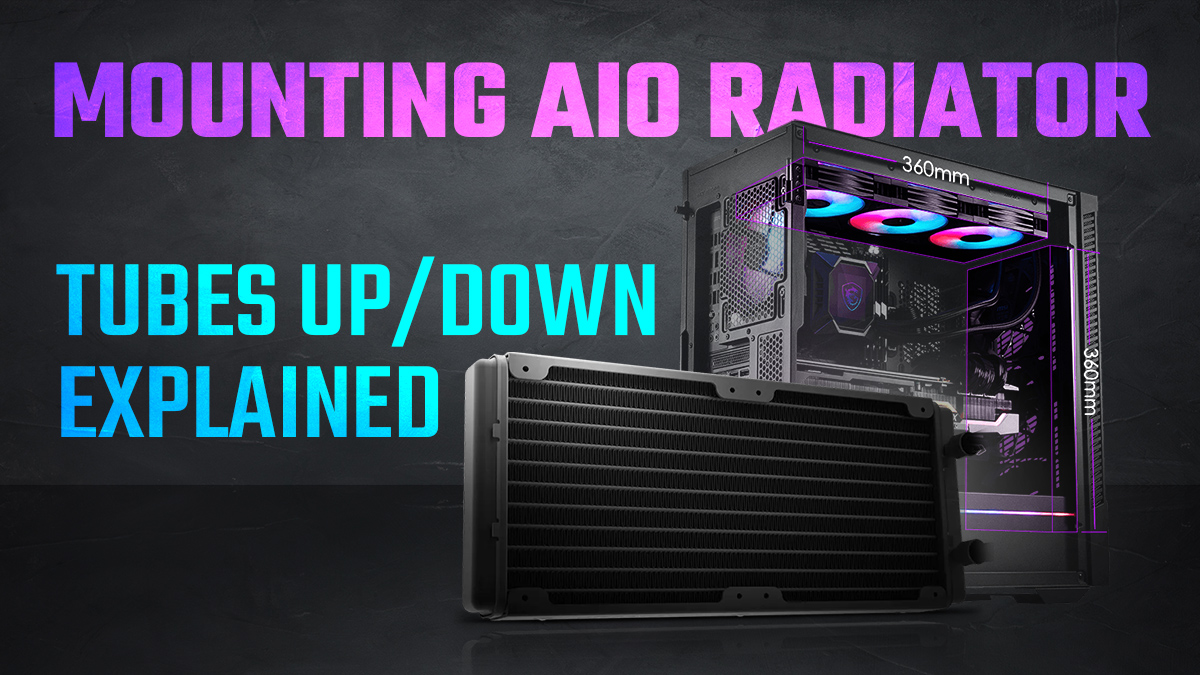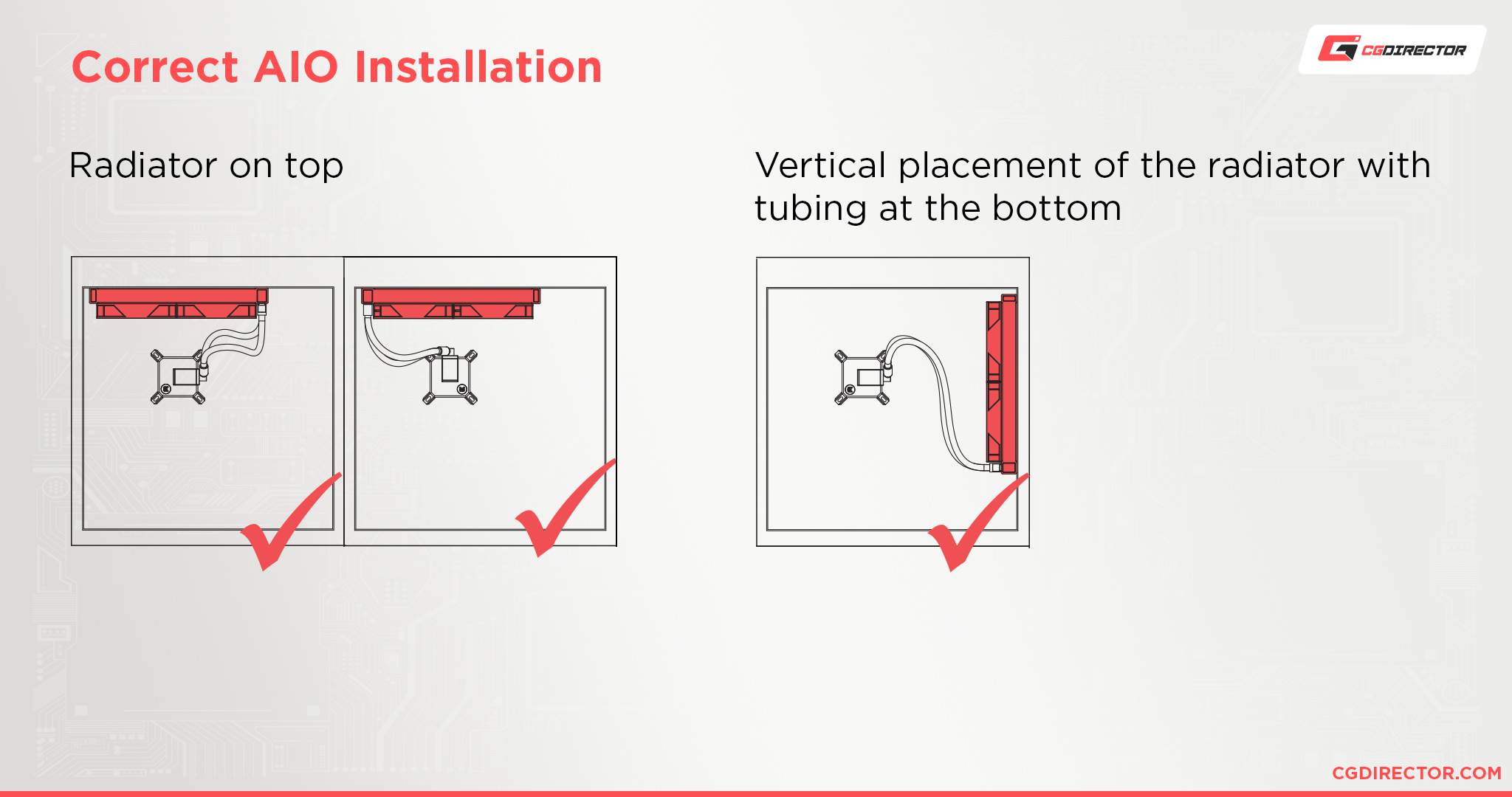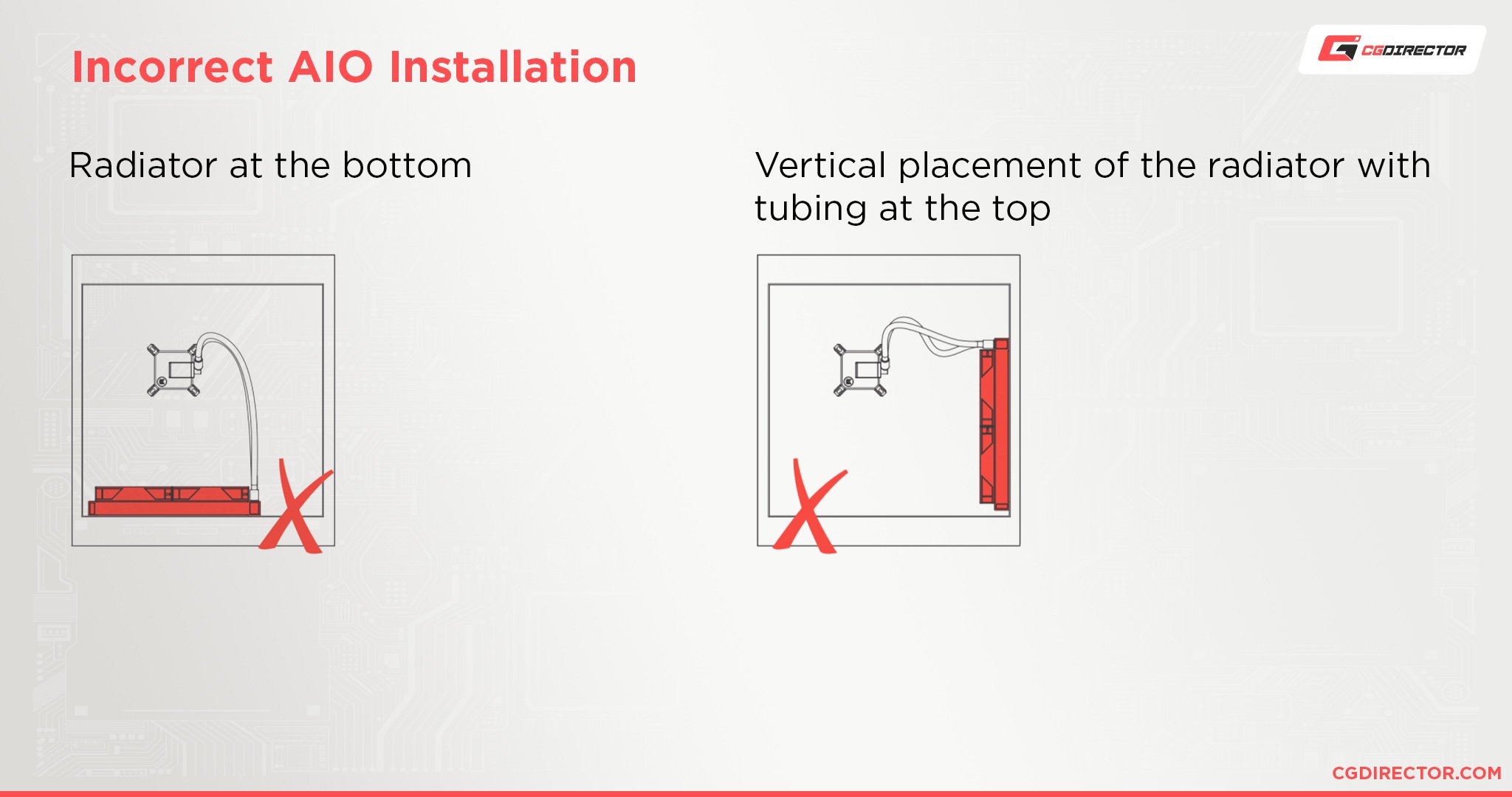deusExMachina
Disciple
I've seen benchmarks of common AIOs against tower coolers with heat pipes. The thermal capacity advantages (if any) aren't much for the AIOs. I understand that maybe they put less stress on the motherboard mounting points BUT are there any other advantages to them?
My take is that air coolers are a better choice because a catastrophic failure there is just reduced cooling performance vs a liquid spill on electronics. Also, from experience, air coolers last a long time but the official service life of an AIO apparently is about five years. The internal fins get clogged with gunk or corrode by that time, reducing performance.
Please share your experiences with using them. Especially if you've been using one for more than a decade.
My take is that air coolers are a better choice because a catastrophic failure there is just reduced cooling performance vs a liquid spill on electronics. Also, from experience, air coolers last a long time but the official service life of an AIO apparently is about five years. The internal fins get clogged with gunk or corrode by that time, reducing performance.
Please share your experiences with using them. Especially if you've been using one for more than a decade.





